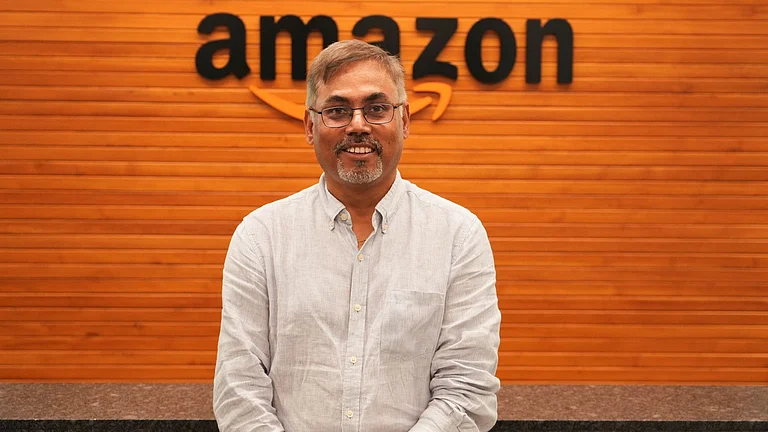Technology start-up VilCart is currently in talks to raise a bridge round from existing investors to support immediate needs. The round saw participation from existing investor Asia Impact SA and also angel investors.
The start-up, which focuses on the rural retail sector, is also in talks with investors to raise a Series B round post January, VilCart Rural CEO Prasanna Kumar C told Outlook Business.
Established in 2018, VilCart focuses on connecting all villages under a unified network. The company, which caters to rural India, aims to transform kirana stores into grameen super markets.
In rural areas, each kirana store serves around 50 households, or approximately 250 people. These stores are a central part of village life, with owners often traveling to nearby towns to procure goods from multiple vendors, said Prasanna.
“We built a network linking producing farmers to consumers through farmer producer organizations (FPOs) and rural SMEs for sourcing, while fulfilling the demands of kirana stores on the retail side,” added Prasanna. The company claims to be active in nearly 30,000 villages in South India, including Karnataka and Tamil Nadu.
In April this year, VilCart claimed that they passed the Rs 100 crore revenue mark. Regarding generation of revenue, Prasanna said that in rural areas, 92 per cent of products consumed are unbranded. This in turn allows the company to introduce their own brands for staples like sunflower oil, palm oil, masalas, pulses, and other essentials. This strategy, combined with the scale of Kirana stores, yields strong margins and profitability, said the company founder.
“This year, our main focus will be on profitability. We will maintain our Rs 100 crore monthly run rate but concentrate on improving our margins and expanding into multiple categories. Afterward, we aim to enter an acquisition phase, and we are already in touch with some potential partners,” said Prasanna. Additionally, the company, which is operating under single-digit EBITDA of -6 per cent, aims to reduce it to less than 2 per cent.
Kirana versus Quick Commerce Debate
One of the most prominent discussions that has been happening right now is the growth of quick commerce. Several trade bodies have also indicated that Kirana stores are suffering from heavy losses due to the emergence of quick commerce players such as Blinkit, Instamart, Zepto, and Big Basket.
Interestingly, the growth of quick commerce is mostly confined to metro cities. A report by brokerage firm Elara Capital says that quick commerce companies derive more than 90 percent of their revenue from the Top 10-12 cities. The report further highlights that these companies continue to test the waters in the non-metro markets and may focus on heavy discounts to attract consumers. These platforms are entering Tier II cities with time. For example, Zomato’s Blinkit in September this year entered cities such as Haridwar, Jodhpur, Mohali, and Rohtak. However, rural areas are places where the companies are yet to penetrate.
“Quick Commerce may face challenges in serving rural areas within a cost-effective model. Even major players like Amazon and Flipkart haven't fully reached these villages due to their dispersed locations,” said Prasanna. This is because only 5 per cent of the market in the rural area is formal market, he added.
So, can these companies be a threat in the near future? Prasanna believes that the e-commerce/quick commerce threat in the near future cannot be ruled out completely. “Even in the future, whenever e-commerce reaches rural India, we, as an aggregator or as a group of kirana stores, will have the ability to build our own platform. VilCart is essentially a collective of Kirana stores, and we can create a platform that is competitive enough to challenge these major players,” added Prasanna.
































